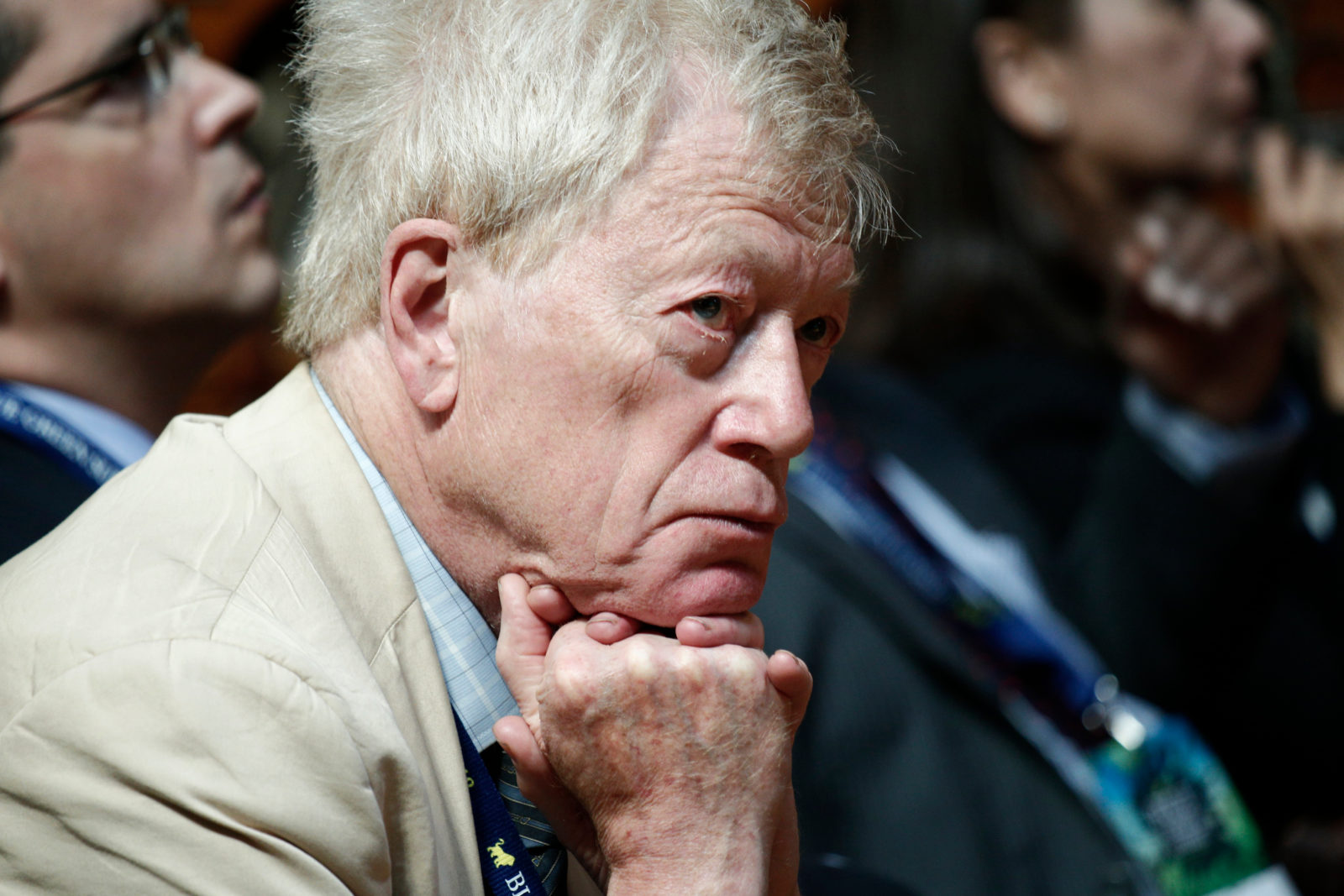
PRIMERS FOR THE EMERGING CONSERVATIVE
I was once a boy and now am old, so here’s a list of recommended literature for the emerging, or somewhat depth-seeking conservative. Emphasizing the latter part, the intent of this list is to provide a solid grounding in the ideas of conservatism, not necessarily to provide punchy comebacks regarding the issues at hand. For that, any Ann Coulter or Ben Shapiro book will do.
That being said, I am trying to avoid here lofty philosophy (say, Aristotle’s Nichomachean Ethics) and strike at the level that is between theoretical philosophy and a Wall Street Journal editorial.
I should also add that my list emphasizes the kind of conservative thinking that I appreciate, sometimes called paleoconservatism, or classical conservatism. Meaning, these are not paeans to the free market or treatises dedicated to promoting democracy in Yemen. These are books whose focus is the view of society as conservatives have seen it since the days of Edmund Burke: As an alliance of a settled people between the living, the dead, and the yet unborn. A living by the legacy of their forefathers to pass it on to their posterity.
1. How to Be a Conservative, Roger Scruton. I would grab and read pretty much anything by Roger Scruton. Some of his literature IS loftily philosophical (such as Human Nature, The Soul of the World, and Sexual Desire), but How to Be a Conservative is intentionally written as a primer. It compares conservatism against the things it is not, such as liberalism and socialism, recognizes some truths within those political systems, and develops a view of conservatism as the antithesis of ideology.
2. Modern Culture, Roger Scruton. A tad more difficult than the previous book, this is a captivating review of the current state of the arts, music, entertainment, and general background noise in the West. Paying tribute to the treasures left to us by our forefathers, Scruton makes the compelling argument that many products of modern culture are basically porn. Scruton also lucidly demonstrates how high culture, when taken seriously, opens up a path to the sacred and transcendent, an essential avenue in a culture that has lost its gods.
3. Julian, Gore Vidal. A work of historical fiction, this novel follows the life of Julian the Apostate, the Roman emperor who attempted to stem the ascendancy of Christianity in the 4th century. The parallels between the ascendancy of Christianity, tearing through the old customs of the ancient world, and the woke ascendancy of our times, are striking.
4. The Madness of Crowds, Douglas Murray. This one does belong a little bit to the punchy category, but as a student of Roger Scruton Murray always reveals greater depth than your average “it’s time to pack my columns in a book!” conservative journalist. In The Madness of Crowds Murray detonates and dismantles each of the left’s sacred grievance categories: Women, Gays, Race, and Trans. Murray and I are the same age, so I found his description of the jolly 1990s to be extremely authentic: With Captain Planet in the background, women everywhere, and blacks just being blacks, we all assumed that the big battles over identity, tolerance, and social acceptance had been over. We were just going to live our lives sipping lattes at an internet cafe. But fast forward15 years and the whole thing has careened off the tracks into the hysterical nightmare we are now forced to live through.
5. Reflections on the Revolution in France, Edmund Burke. This is both an easy read and a difficult one at the same time, yet it promises great rewards. The father of modern conservatism is laying out his view of society in the form of letters criticizing the French Revolution, addressed to an overly enthusiastic young aristocrat. This is an easy read because Burke’s language is simple and to the point. True to his non-philosophical philosophy, he does not dwell on theory or abstraction. It is difficult, however, because it has to be taken in context: Burke was a statesman commenting on current events, so more than several pages are devoted to an analysis of budgets and national resources, topics which may not necessarily captivate the minds of readers in 2021.

Follow us on Twitter!
And sign up for updates here!